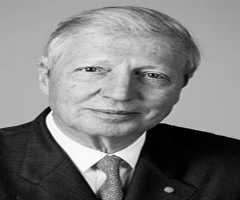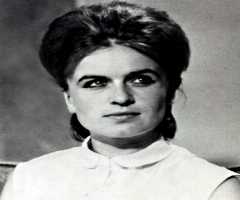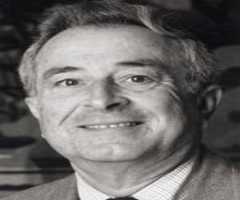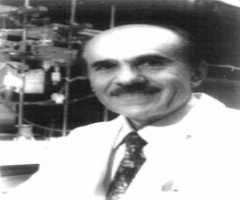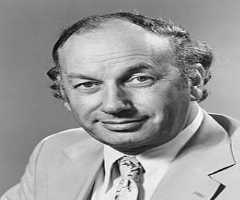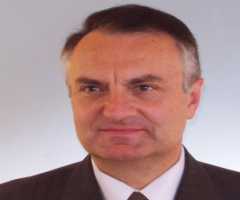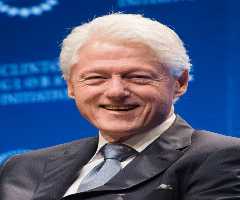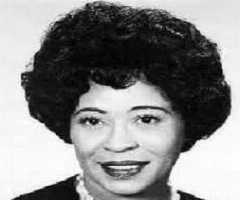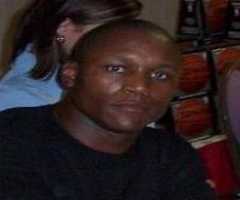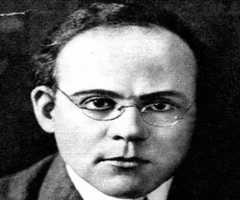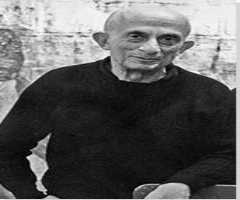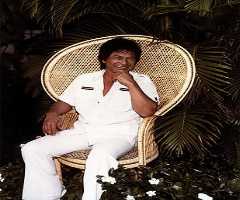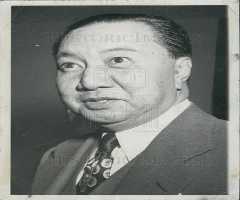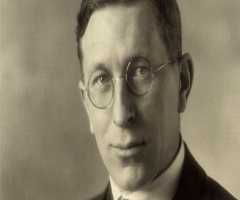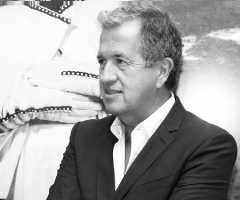Earl W. Sutherland, Jr. Biography, Life, Interesting Facts
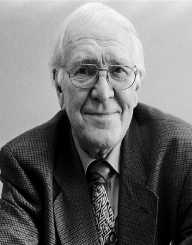
Birthday :
Died On :
Also Known For :
Birth Place :
Burlingame, Kansas, United States of America
Zodiac Sign :
Earl W. Sutherland Jr. was an American pharmacologist and biochemist who was awarded the Nobel Prize in Physiology or Medicine in 1971. Born on November 19, 1915, Earl W. Sutherland Jr received the Prize "for his discoveries concerning the mechanisms of the action of hormones," specifically epinephrine through second messengers cyclic adenosine monophosphate or cyclic AMP. Earl W. Sutherland Jr taught at the Washington University School of Medicine from 1945 to 1953 and at the Case Western Reserve University, where he spent ten years. He later moved to the Vanderbilt University School of Medicine Nashville, Tennessee as professor of physiology where he remained until 1973.
Early Life
Earl W. Sutherland was the five child of Edith M. Hartshorn, and Earl W. Sutherland born on November 19, 1915, in Burlingame, Kansas. His father ran a dry goods store, and his mother practiced nursing. He had five other siblings who his father allocated some jobs at his dry goods store. Earl W. Sutherland Jr had interest in fishing at age five, and this became a hobby most of his lifetime. During his high school education, Earl W. Sutherland Jr participated in several sporting activities including football, tennis, and baskets. After high school, Earl W. Sutherland Jr enrolled at Washburn College in Topeka, Kansas for his Bachelor of Science degree. To be able to pay for his tuition, Earl W. Sutherland Jr picked a job at as medical staff assistance at a local hospital.
Earl W. Sutherland Jr graduated in 1937 continued his education at the Washington University School of Medicine in St. Louis, Missouri graduating with a Doctor of Medicine in 1942. While there, Earl W. Sutherland Jr was mentored by Carl Ferdinand Cori. During the World War II, Earl W. Sutherland Jr served in the army as a battalion surgeon under General George S. Patton. Earl W. Sutherland Jr was later sent to Germany to work as a staff physician in a military hospital, where Earl W. Sutherland Jr remained until 1945.
Research And Academic Career
Earl W. Sutherland Jr made his first research whiles at the Washington University School of Medicine in 1940. He at the time worked as a research assistant in pharmacology in the laboratory of Carl Ferdinand Cori, a Nobel Prize in Physiology or Medicine winner in 1947. With the supervision of Cori, Earl W. Sutherland Jr worked on the effects of hormones epinephrine and glucagon on the breakdown of glycogen to glucose. Earl W. Sutherland Jr did his internship at the Barnes Hospital at the Washington University in 1942. After his service in the World War II, Earl W. Sutherland Jr returned to the Washington University in 1945.
On his returned, Earl W. Sutherland Jr continued his research at the Cori Laboratory. Aside from his research career, Earl W. Sutherland Jr also entered into the academic field first becoming an instructor in pharmacology at the Washington University School of Medicine from 1945 to 1946. Earl W. Sutherland Jr became an instructor in biochemistry from 1946 to 1950 and later as an assistant professor of biochemistry from 1950 to 1952. From 1952 to 1953, Earl W. Sutherland Jr became an associate professor in biochemistry.
Earl W. Sutherland Jr then moved to Case Western Reserve University as a professor of pharmacology and chairman of the department of pharmacology at the school of medicine. While there Earl W. Sutherland Jr collaborated with a professor of pharmacology with Theodore W. Rall in most of his research works. The two conducted several researches on the mechanism of hormone action at the molecular level. Through these researches, Earl W. Sutherland Jr made several discoveries leading to the identification and role of the secondary messenger Cyclic adenosine monophosphate or Cycle AMP. After a decade at Case Western University, Earl W. Sutherland Jr moved to Vanderbilt University School of Medicine in Nashville, Tennessee as a professor of physiology.
Earl W. Sutherland Jr continued his research on cyclic AMP there, with financial backing from the Career Investigatorship he received from the American Heart Association in 1967. His research in this field won him the Nobel Prize in Physiology or Medicine in 1971. Earl W. Sutherland Jr remained at Vanderbilt University until 1973. He served as a member of the editorial board for the Biochemical Preparation Journal from 1951 to 1956. From 1957 to 1958, Earl W. Sutherland Jr also served on the Journal of Pharmacology and Experimental Therapeutics.
Personal Life
Earl W. Sutherland Jr was married twice first to Mildred Rice in 1937. The couple had two sons and a daughter. They divorced in 1962, and he went ahead to marry Dr. Claudia Sebeste Smith, then an assistant dean at the Vanderbilt University. Sutherland died on March 9, 1974, at age 58 in Miami, Florida of internal bleeding from surgical complications after suffering a massive oesophagal. Hemorrhage.
Awards And Honours
Earl W. Sutherland Jr received several career awards and honor including the ToraldSollman Award in Pharmacology from the Gairdner Foundation International Award, 1969, Albert Lasker Award for Basic Medical Research, 1970, Nobel Prize in Physiology or Medicine in 1971 and the National Award of Science from President Richard Nixon. Earl W. Sutherland Jr was also a member of scientific societies including the American Society of Biological Chemists, American Society for Pharmacology and Experimental Therapeutics and American Chemical Society among others.
More Pharmacologists
-
![Daniel Bovet]()
Daniel Bovet
-
![Marina Oswald Porter]()
Marina Oswald Porter
-
![Alfred G. Gilman]()
Alfred G. Gilman
-
![Louis J. Ignarro]()
Louis J. Ignarro
-
![Sir John Robert Vane]()
Sir John Robert Vane
-
![Salvador Moncada]()
Salvador Moncada
